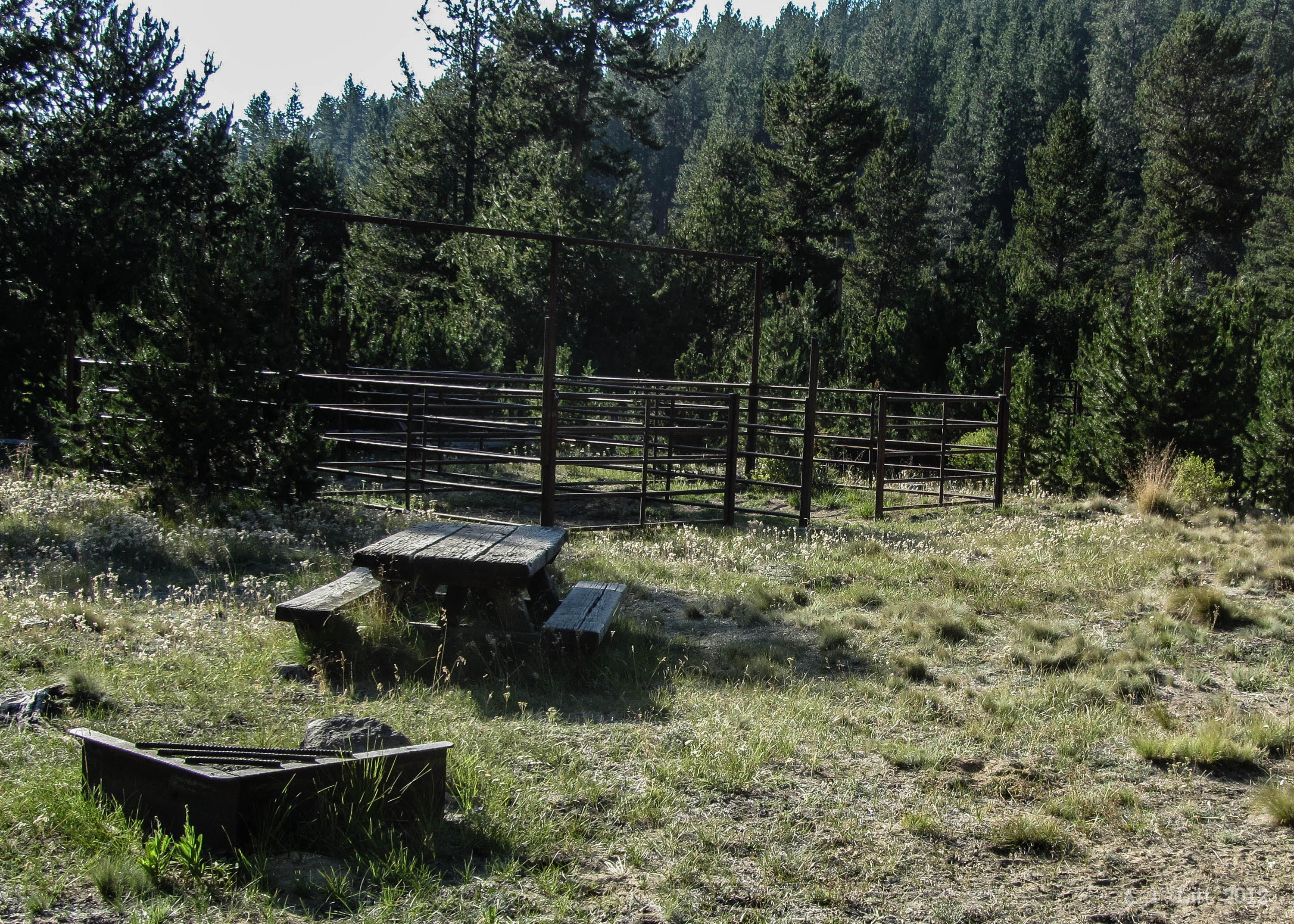-
Buffalo Horn drainage The Gallatin Range that lies south of Bozeman, Montana is the largest unprotected wildlands in the northern Greater Yellowstone Ecosystem (GYE). The Gallatin Range is highly scenic with glaciated cirques, grassy meadows, and subalpine lakes. Biologically it is one of the more diverse and important areas in the entire Yellowstone ecosystem. The…
-
Tree fire scars are used to reconstruct past fire occurrence. These historical reconstructions are often used to guide current forest management on federal lands. Trees charred but not killed by past fires often form scars where the cambium and inner layers were burnt by fires. A researcher can count the growth rings between scars and…
-
One of the biggest impacts resulting from logging our forests that is largely ignored by public land management agencies is the contribution that timber harvest makes to Green House Gas (GHG) emissions. Increasingly it is clear that the greatest value of our public forests might be to end all thinning/logging and protect them as carbon…
-
We often hear that our forests are “unhealthy” and among the indicators of forest ill-health are large acreages burning in wildfires. However, if you look back a few centuries or more, you find that we have a fire deficit. Many paleoclimate studies document major wildfires long before there was “fire suppression”. Indeed, one study by…
-
I recently attended a presentation on invasive weeds by a representative of the Deschutes National Forest. The problem with the presentation was that it promoted and legitimized an industrial paradigm to weed threats. The Forest Service (FS) promotes an Industrial Forestry Paradigm that treats the symptoms, not the causes of ecological degradation. The biggest factors…
-
This editorial from Gary Burhue of the Oregon Farm Bureau was written in response to an earlier editorial I had written questioning the impoverishment of the Deschutes River by Ag water withdrawals. This editorial and a previous editorial from Coalition for the Deschutes leaves out critical information in an effort to defend the misuse of…
-
Logging, conducted ostensibly to “thin the forest”, “reduce fuels” or for so-called “restoration”, causes a net loss of carbon from forest ecosystems. One of the best strategies for reducing CO2 levels is by protecting our forests. Yet few environmental groups, even those who focus on climate change, advocate for the reduction of logging on…

George Wuerthner is an ecologist and writer who has published 38 books on various topics related to environmental and natural history. He has visited over 400 designated wilderness areas and over 200 national park units.
